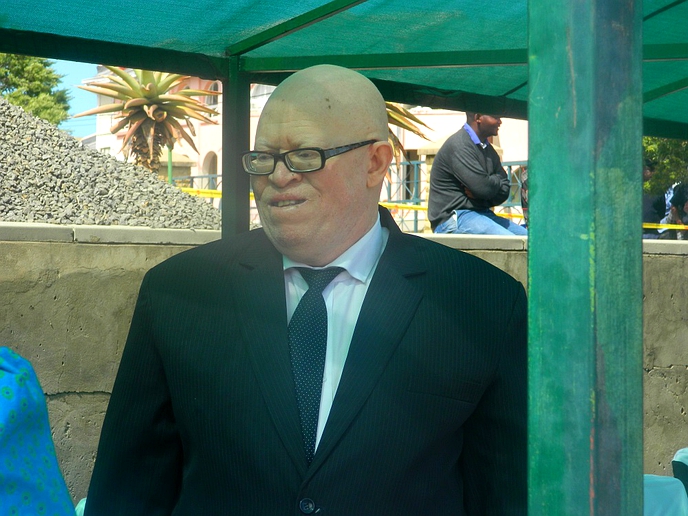MASERU - Remittance inflows from South Africa are expected to decline sharply this year due to the economic crises induced by the COVID-19 pandemic. This is largely due to a fall in the wages and employment of migrant workers, who tend to be more vulnerable to loss of employment and wages due to the economic crises caused by the pandemic, new reports have shown.
news
Aug. 27, 2020
Lineo Mabekebeke
2 min read
Remittances from South Africa to be further affected

The projected decline further means a loss of a crucial financing lifeline for many vulnerable households in the country, particularly in rural areas where the majority of households depend largely on remittances from neighboring South Africa.
The International Monetary Fund (IMF) has already reported that around 60, 000 workers returned to Lesotho before the borders were closed.
“The shut-down in South Africa, by far the largest source of remittances on which many families depend, and which have been running at close to a fifth of GDP resulted in the staggering number of workers returning home due to the pandemic,” the IMF said in its latest report in July.
The projected fall in remittances has also been confirmed by the World Bank, revealing that globally, remittances are expected to decline by 20 percent. The projected fall will be the sharpest decline in recent history. In 2021, however, the World Bank estimates that remittances will recover and rise by 5.6 percent. For Lesotho, remittances have been a staple of the national economy for many years. The country has long depended on remittances from mining jobs in South Africa, but employment in the industry has recently declined.
The COVID-19 pandemic has further worsened the situation. According to the Lesotho poverty assessment report released in 2019 by the World Bank Group in partnership with the government of Lesotho, the main reasons for decreasing remittances are mechanization and stagnation in South Africa’s gold mining industry and the country’s shift towards the use of local labor.
Enjoy our daily newsletter from today
Access exclusive newsletters, along with previews of new media releases.
The report examines progress and challenges in reducing poverty in Lesotho. It was revealed in the report that close to 15 percent of Lesotho’s population still works in South Africa and their remittances remain important to the economy. The report discovered further that rural poverty, which currently stands at 60.7 percent, would have been nearly 10 percentage points lower had remittances not declined since the year 2002.
“The transfers are strongly progressive, with significant impacts on poverty and inequality. Poor households use the money to buy necessities and invest in human capital,” the report stated. Urban households on the other hand are less reliant on remittances and urban poverty would have been only 2.7 percentage points lower if remittances had remained at the highest level.
Poor households, especially the less educated and rural residents are particularly likely to be dependent upon remittances, noted the report.
Tailored for you






